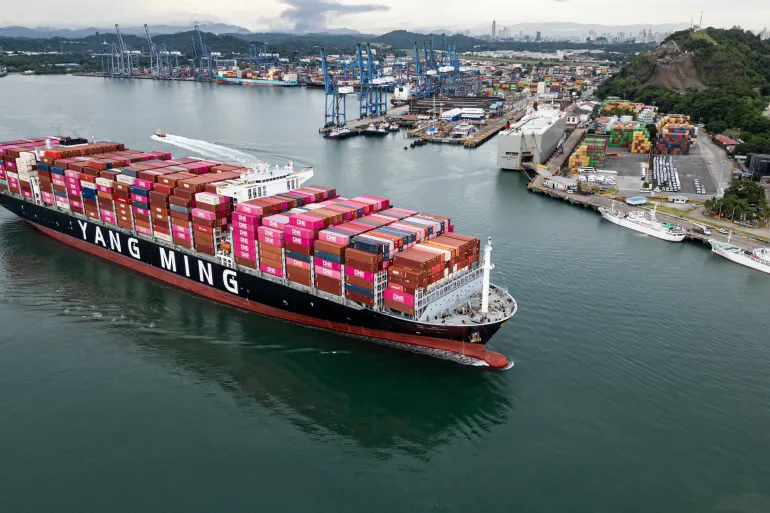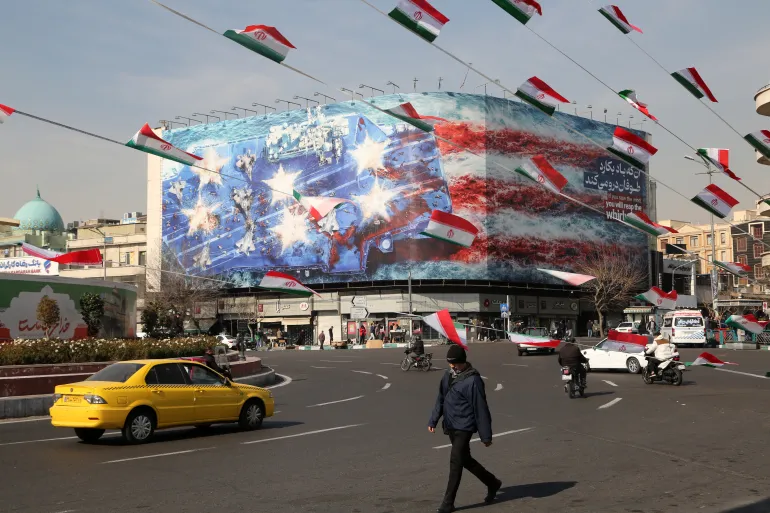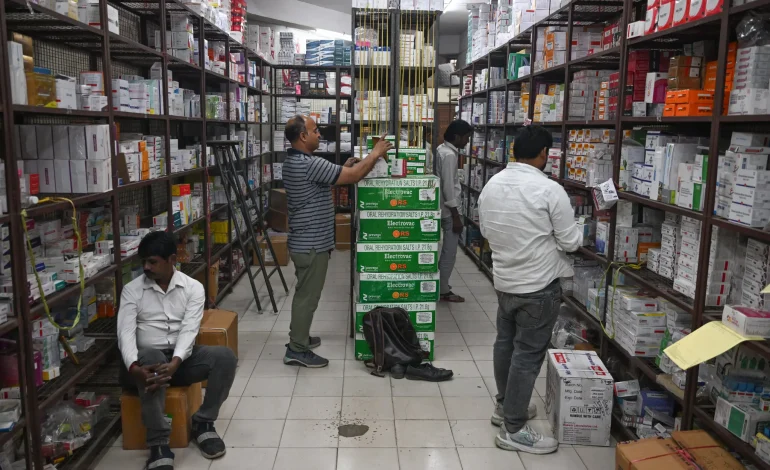India’s pharmaceutical sector, one of its most successful export industries, is facing fresh concerns after US President Donald Trump reiterated plans to impose tariffs on pharmaceutical imports.
The announcement, made during a National Republican Congressional Committee dinner, has raised alarms among Indian drug manufacturers, whose largest export market is the United States.
India exported nearly $13 billion worth of pharmaceuticals last year, with a significant portion of these being generic medicines. The US is the primary destination for these exports, making the potential tariffs a significant economic threat.
While pharmaceuticals were excluded from the initial round of tariffs imposed last week, Trump’s renewed focus on the sector has unsettled Indian drugmakers. The uncertainty has already affected stock markets, with shares of India’s largest pharmaceutical companies falling sharply after the announcement.
Trump has suggested that the goal of these tariffs is to encourage pharmaceutical companies to relocate their manufacturing operations to the US Over the past few decades, much of the production of active pharmaceutical ingredients has shifted overseas, particularly to India and China. The former president has argued that bringing production back to the US would strengthen domestic industry and reduce reliance on foreign suppliers.
Although Trump did not specify the exact percentage of the proposed tariffs, earlier statements indicate they could start at 25% and potentially rise further. Economists warn that such tariffs could lead to higher consumer drug prices, as domestic production costs are significantly higher than in India.
Indian government officials have been exploring diplomatic solutions, with some expressing hope for a bilateral agreement between Prime Minister Narendra Modi and Trump. Ministers have also pointed out that India’s competitors in pharmaceutical exports, such as China and Vietnam, are facing even steeper tariff increases, potentially giving India a relative advantage.
Despite this, industry experts remain concerned about the long-term impact. If tariffs are implemented, Indian pharmaceutical companies may need to explore alternative markets or adjust pricing strategies to maintain competitiveness.
The announcement has added to global economic uncertainty, particularly as the US continues to expand its tariff policies. Earlier this week, the White House confirmed that tariffs on Chinese goods would rise to 104%, following a series of retaliatory measures between Washington and Beijing.
Trump has framed his tariff strategy as a key part of his economic agenda, aiming to reshape global trade and incentivize domestic manufacturing. However, bipartisan opposition to the policy has been growing in the US, with lawmakers expressing concerns over rising consumer prices and potential economic disruptions.
With input from the New York Times, USA Today, Reuters, and Politico.










The latest news in your social feeds
Subscribe to our social media platforms to stay tuned